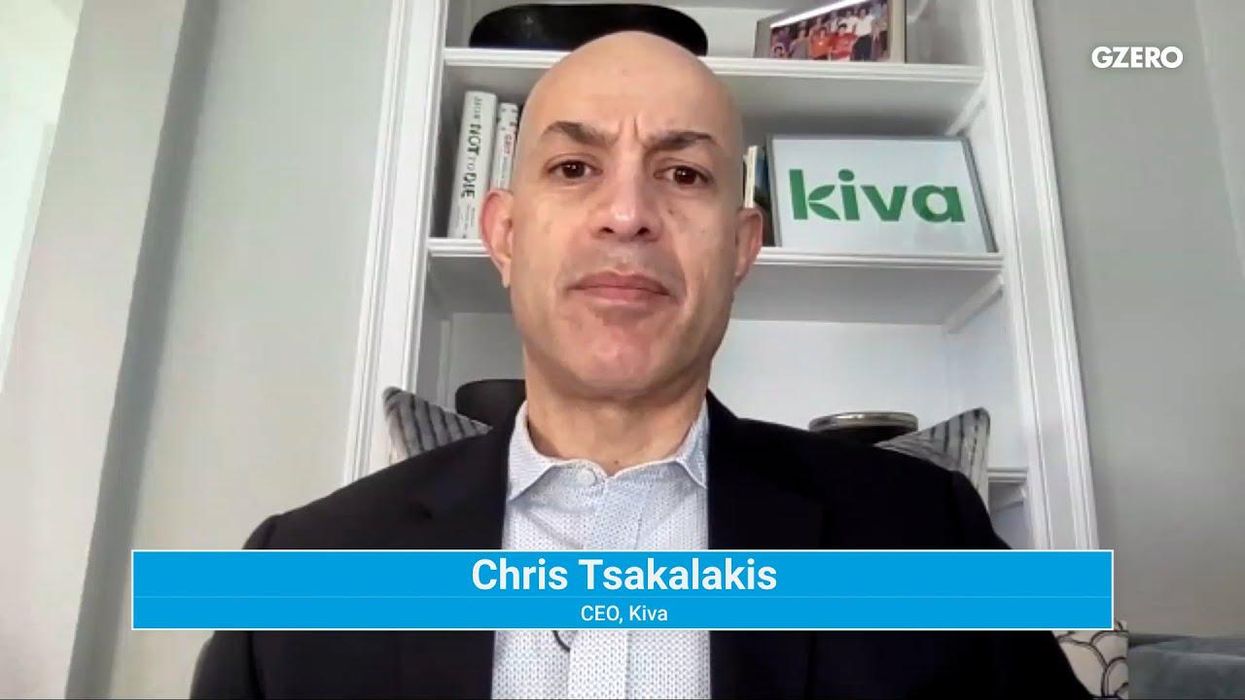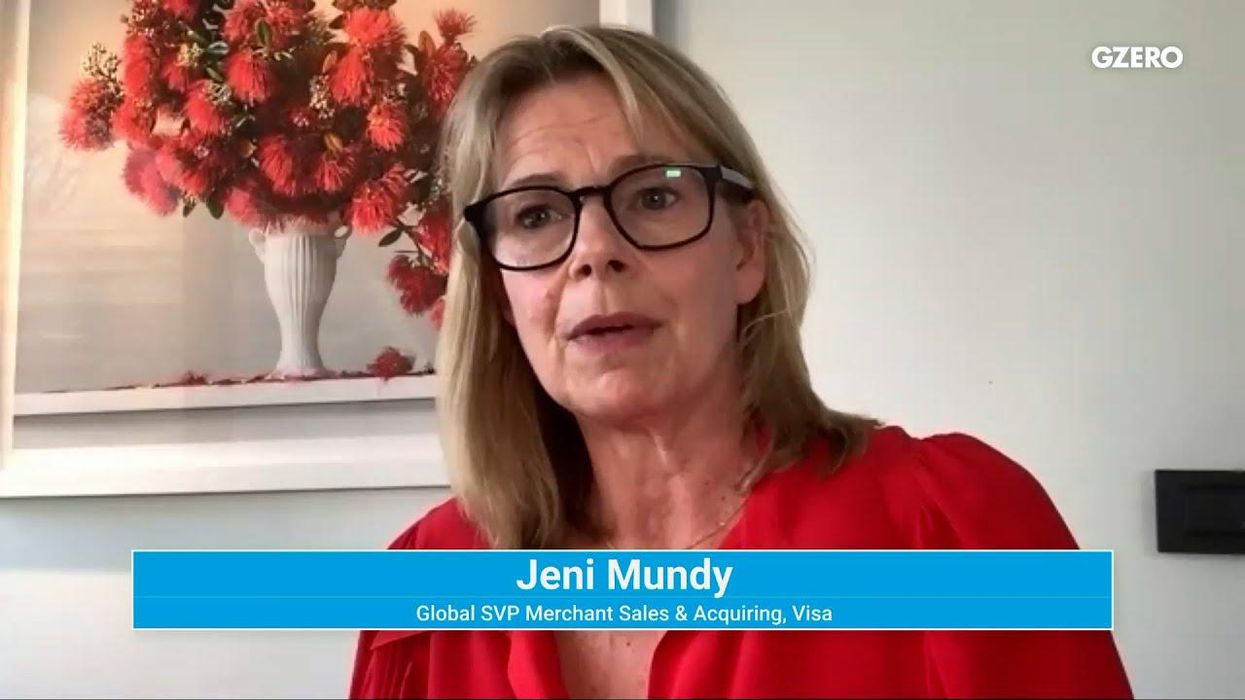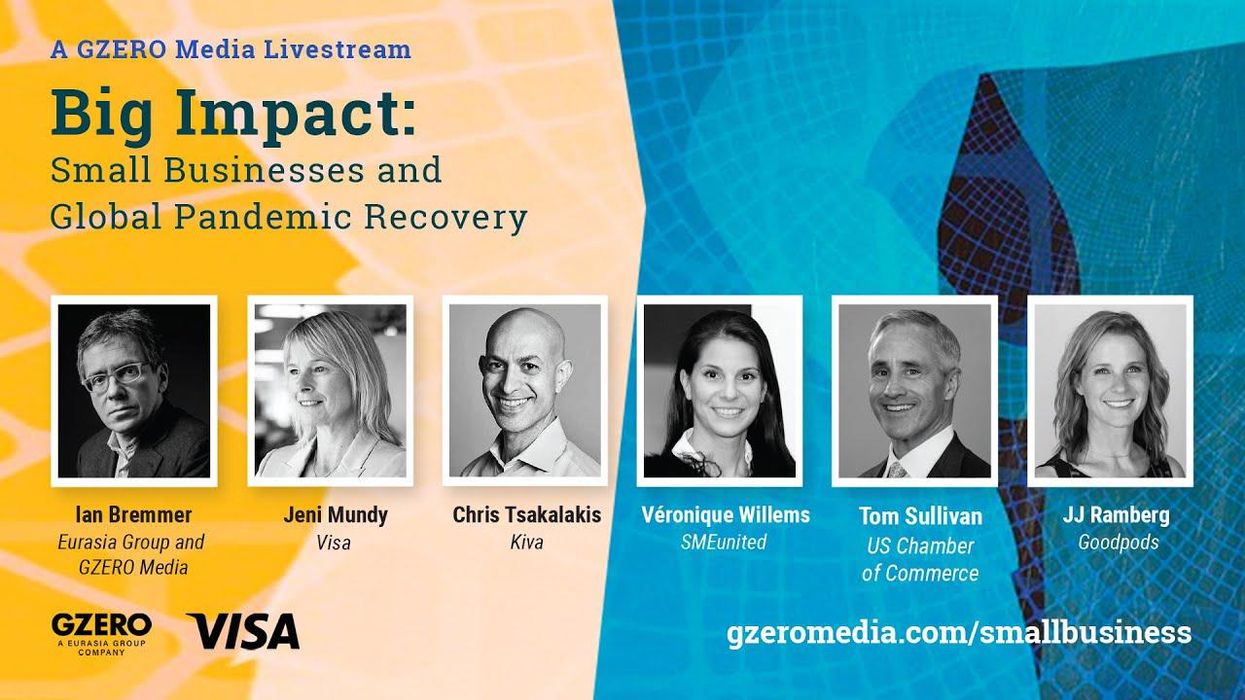Video
COVID's lessons on humanity for Annabelle Santos, small business owner
Inspiration struck Annabelle Santos when she struggled to find any products that could help soothe her baby girl’s eczema. Now she brings her mixtures of fruits, olive oils, and herbs to customers through her company, Spadét, which she founded in 2014. The pandemic was really tough on her business, but grants helped her keep afloat, and she’s looking forward to meeting with and healing customers now that restrictions have lifted.
Mar 31, 2022




